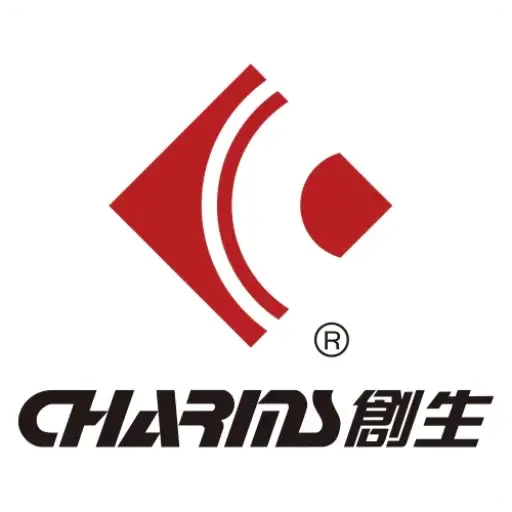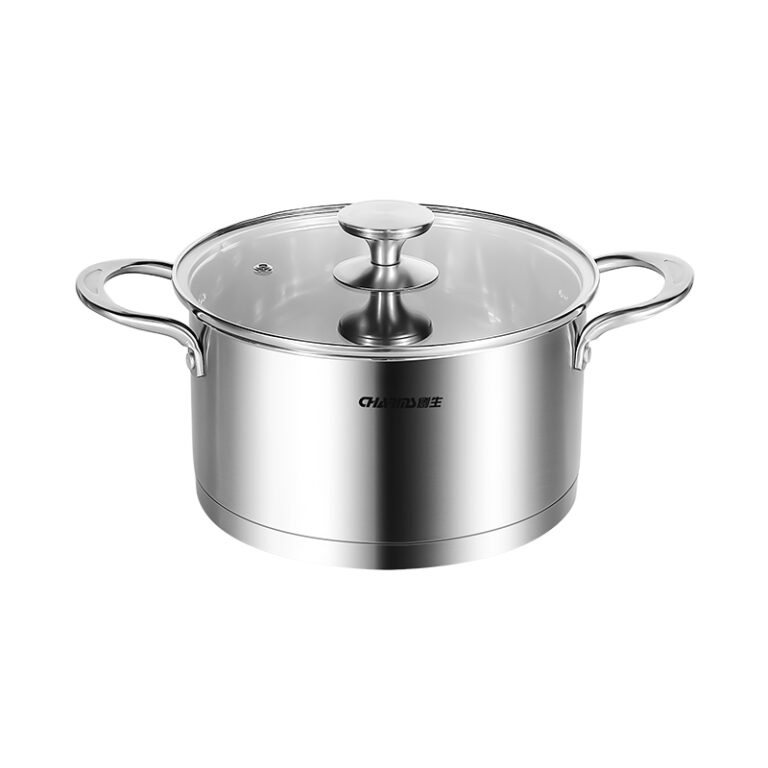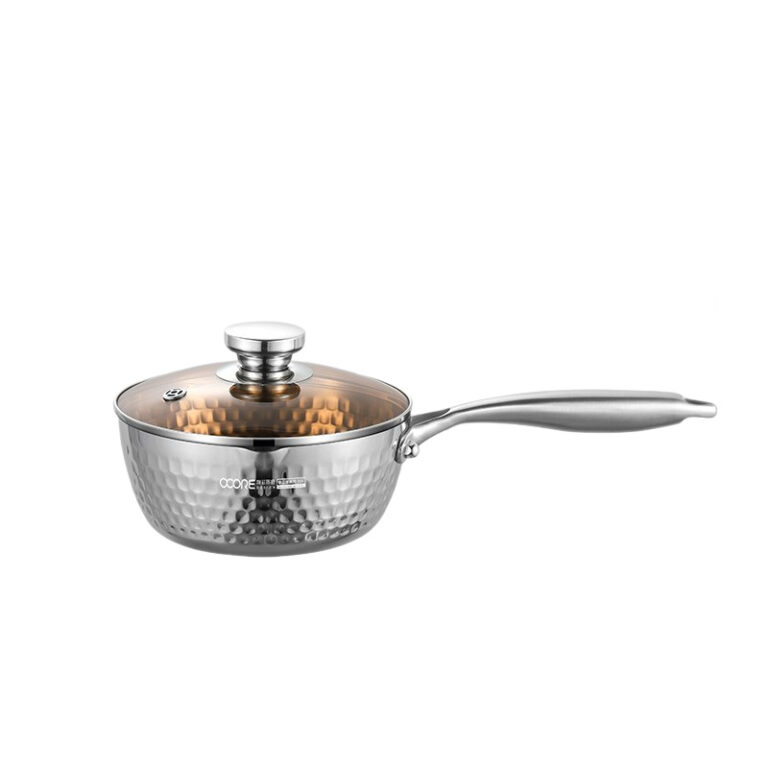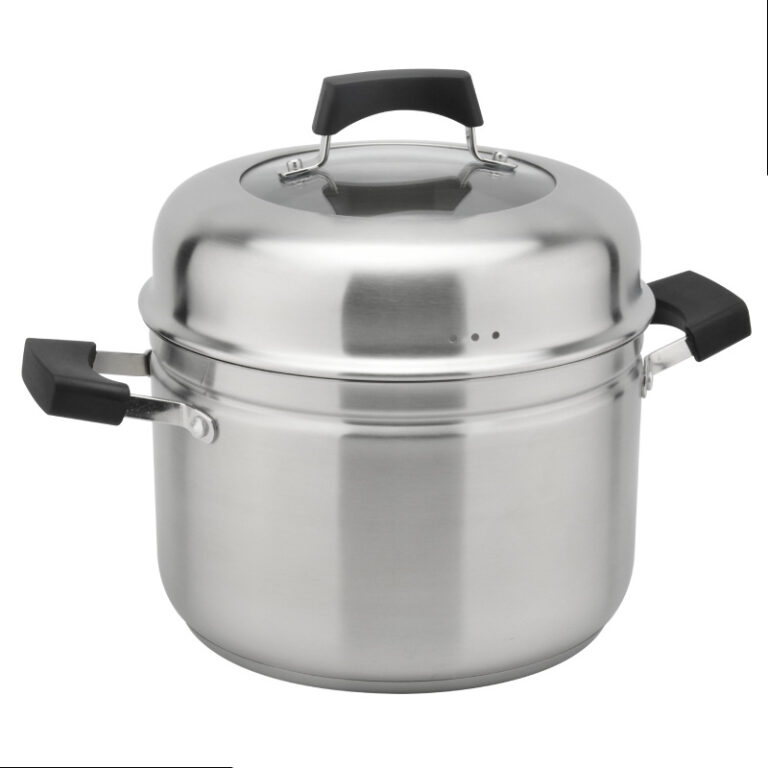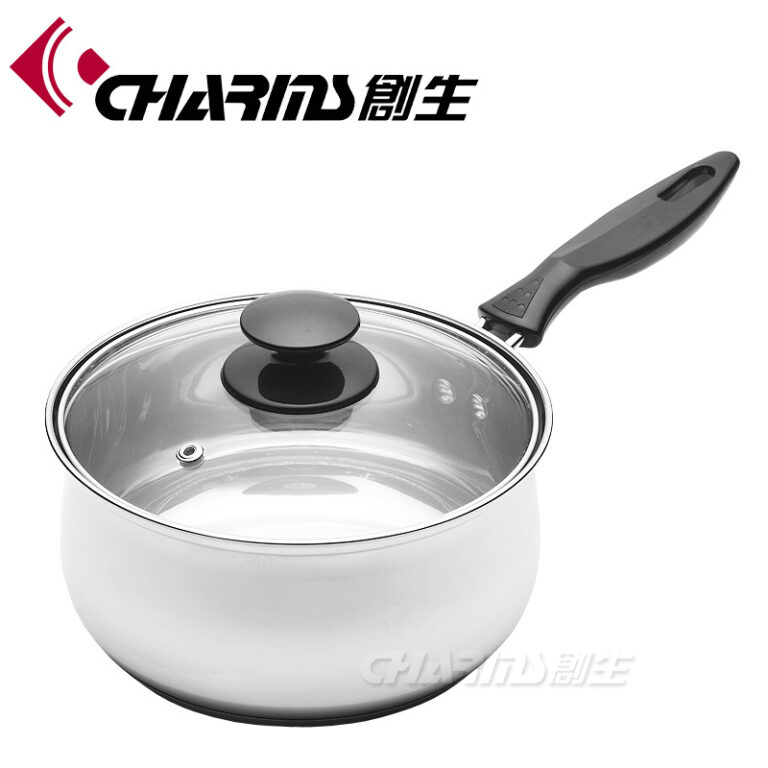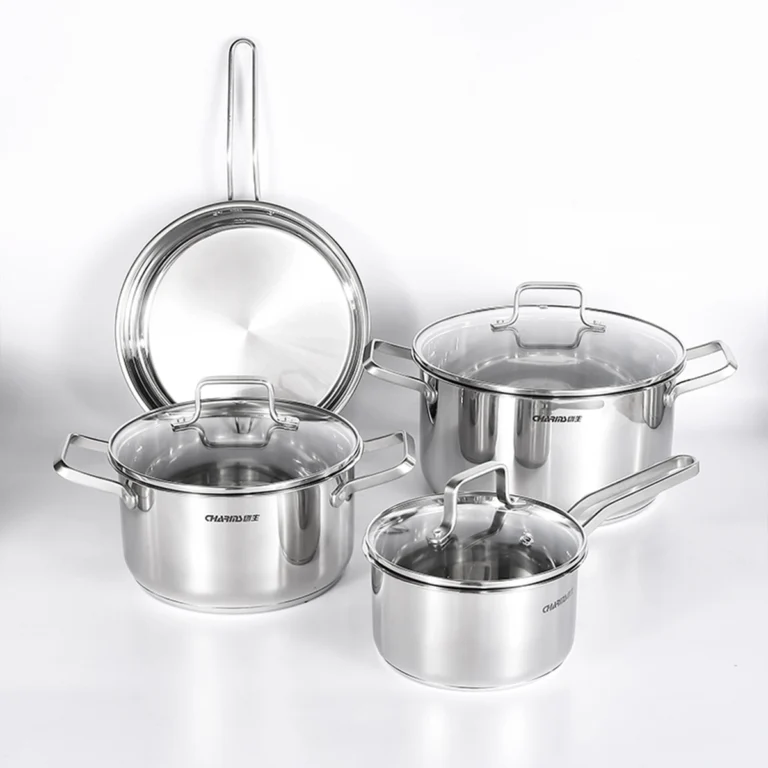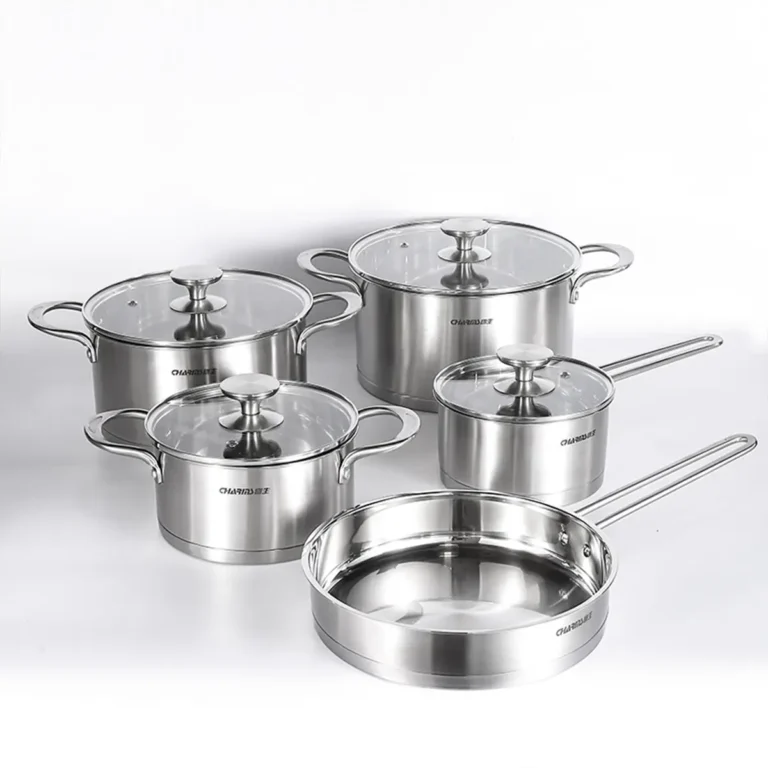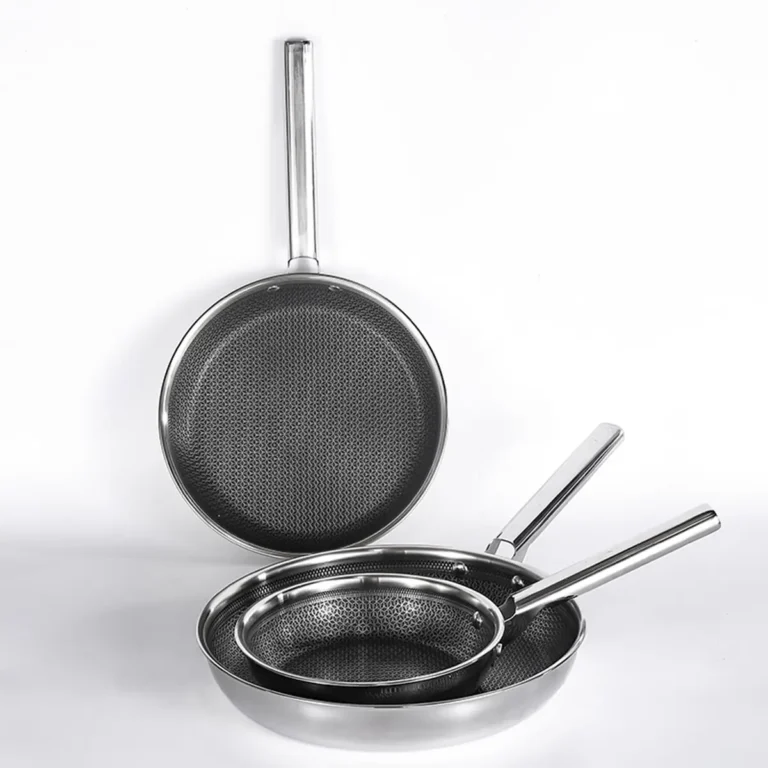When you Choosing the right cookware manufacturer can feel like standing in front of a long aisle full of pots and pans. Everything shines, everything promises quality, but only a few truly deliver what your brand and customers need. From my years in the industry, I’ve learned that selecting a manufacturer isn’t just about price—it’s about trust, consistency, and vision.
This guide walks you through ten clear tips. Each one comes from real industry experience, tested over decades of working with cookware factories. By the end, you’ll know what questions to ask, what red flags to watch for, and how to make a decision that supports long-term growth.
Table of Contents
Toggle1. What Factors Should You Consider Before Choosing a Cookware Manufacturer?
Start with clarity. Before you even contact a manufacturer, define your priorities. Do you need cookware for professionals or for everyday home cooks? Are you focused on health, sustainability, or cost efficiency?
For example, if your market cares about eco-friendly living, stainless steel with recyclable packaging might matter more than flashy designs. If your audience is professional kitchens, heat conductivity and durability take center stage.
Also think about capacity and logistics. Can the manufacturer handle sudden increases in demand? Do they have experience with international shipping? These practical details often separate a smooth partnership from a stressful one.
2. What Qualities Define a Reliable Cookware Manufacturer?
A trustworthy manufacturer feels less like a supplier and more like a partner. Here are qualities to look for:
-
Consistency: Every batch should look, feel, and perform the same.
-
Clear communication: No vague promises—only transparent timelines and pricing.
-
Problem-solving mindset: When issues arise (and they will), do they offer solutions or excuses?
-
Long-term thinking: A reliable manufacturer will invest in better machines, better training, and better processes—not just short-term savings.

3. Which Type of Stainless Steel Cookware Is Best for Food?
Not all stainless steel is equal. For cookware, 304 stainless steel (18/8) is one of the safest choices. It resists rust, doesn’t react with food, and lasts for years.
When performance is key, many manufacturers use multi-layer stainless steel. This means combining stainless steel with an aluminum or copper core. The stainless steel protects the food, while the inner layers spread heat evenly—so no hot spots on the pan.
If your market values safety and health, stainless steel is a stronger long-term option than non-stick coatings, which may wear down over time.
4. Why Is Customization Important When Choosing a Cookware Supplier?
Customization makes your products stand out. It could be as simple as a heat-resistant handle design or as bold as a patented steamer system. Small touches can transform “just another pot” into a signature product.
One example I’ve seen: a retailer asked for pots with measurement lines inside. It was a small change, but customers loved the convenience. Sales climbed, and the brand gained a reputation for thoughtful design.
Customization isn’t about luxury—it’s about listening to what your market really wants and delivering it.
5. How Does the Production Process Impact Cookware Durability?
Durability isn’t just about raw materials. It’s about how the cookware is made.
A factory that uses advanced welding and bonding ensures pots stay strong even under high heat. Precise polishing prevents sharp edges and makes cleaning easier. Automated inspection reduces the chance of defects slipping through.
When you evaluate a factory, ask to see their production floor. Look at the machines, the organization, and how workers handle the products. A clean, well-managed line usually means better quality control.
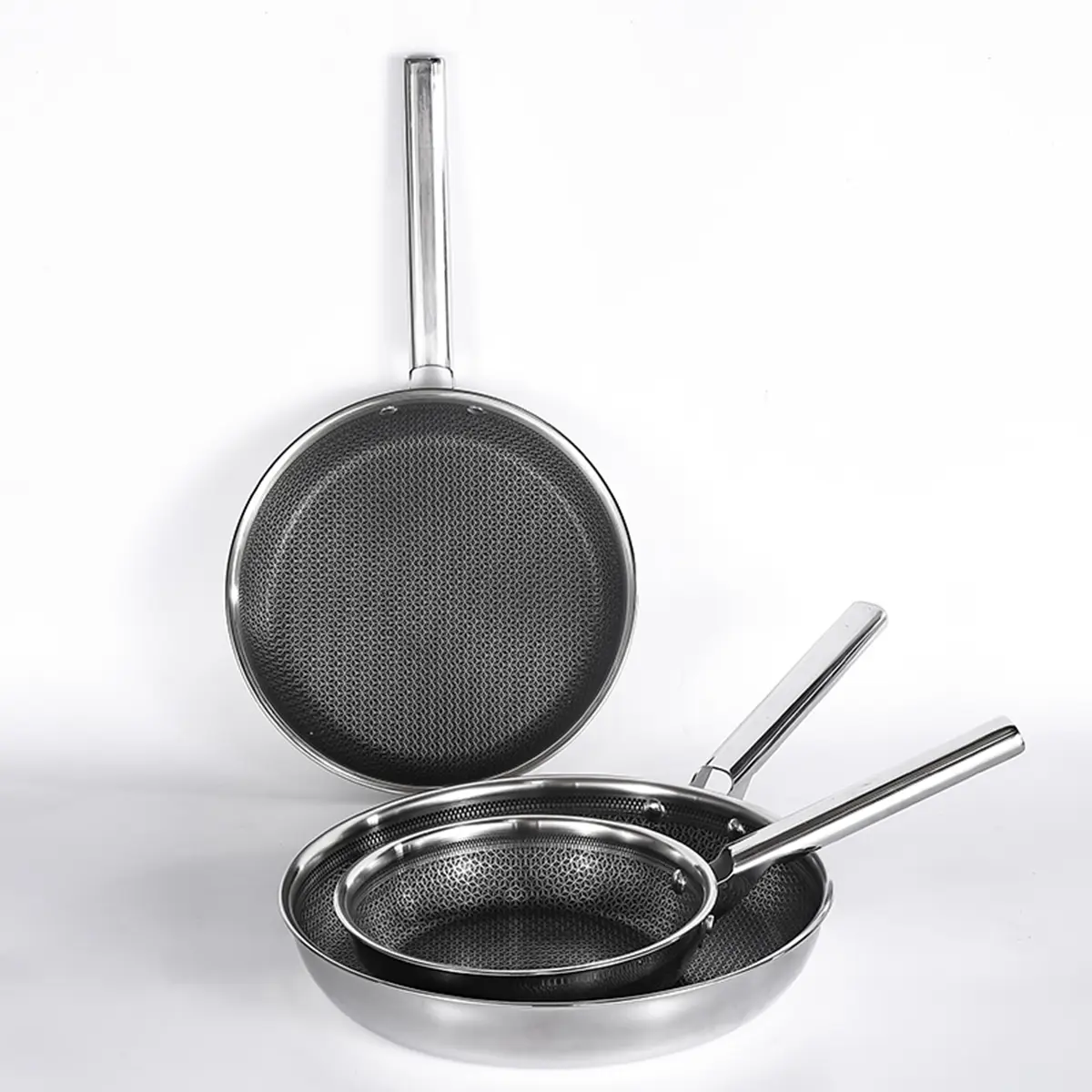
6. Should You Focus on Price or Long-Term Value When Selecting Cookware?
It’s tempting to chase the lowest price, but cheap often comes with hidden costs: high return rates, customer complaints, or damage to your brand’s reputation.
Think instead about total value. If a slightly higher cost means cookware that lasts longer and brings repeat customers, the return is greater. In markets where competition is tough, quality is what keeps your brand alive.
Short-term savings can quickly turn into long-term headaches. Value lasts.
7. How to Evaluate a Cookware Manufacturer’s Reputation and Customer Reviews?
-
Look for references: A good manufacturer won’t hesitate to share past clients (within confidentiality limits).
-
Check customer feedback: Are buyers satisfied with product performance and delivery times?
-
Notice how they handle complaints: Reputation isn’t about never making mistakes—it’s about fixing them quickly and fairly.
If possible, visit the factory in person or send a trusted representative. Seeing operations firsthand often reveals more than a polished brochure ever could.
8. How Important Are Certifications and Quality Standards in Cookware Selection?
Certifications aren’t just paperwork—they are proof of accountability.
-
ISO 9001 shows a commitment to quality management.
-
ISO 14001 proves environmental responsibility.
-
Food-contact certifications confirm cookware is safe for everyday use.
Without these, you risk legal issues or, worse, customer health concerns. In today’s market, certifications are not optional—they’re essential.

9. Why Choose Chinese Cookware Manufacturers?
China has become the center of stainless steel cookware for a reason. Regions like Caitang have built entire ecosystems around cookware: skilled workers, advanced equipment, and strong logistics.
The advantage is clear: scale and efficiency. Many factories can handle massive orders while still offering competitive prices. And because they’ve been serving global brands for decades, the learning curve is shorter.
I once worked with a U.S. brand that struggled with delays from multiple small suppliers. After moving to a single Chinese manufacturer, they cut lead times by almost a third and improved consistency. The change gave them room to expand into new markets.
10. What Questions Should You Ask Before Partnering with a Cookware Factory?
-
What stainless steel grades do you use?
-
Can you handle both small trial orders and large-scale runs?
-
How do you check quality at each step of production?
-
Do you have certifications and test reports?
-
What options do you offer for customization and branding?
-
How do you handle after-sales service or defective returns?
-
What is your usual delivery time, and how do you manage shipping?
Conclusion
Finding the right cookware manufacturer is not a decision to rush. It’s a careful process of matching your brand’s needs with a factory’s strengths. Look for consistency, transparency, certifications, and the ability to customize.
The best manufacturers don’t just make pots and pans—they help you deliver trust to your customers. And in the cookware business, trust is what keeps people coming back to your brand again and again.
If you are interested in our products, please feel free to contact us.

